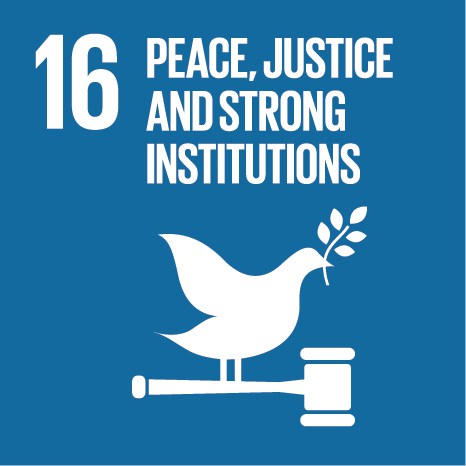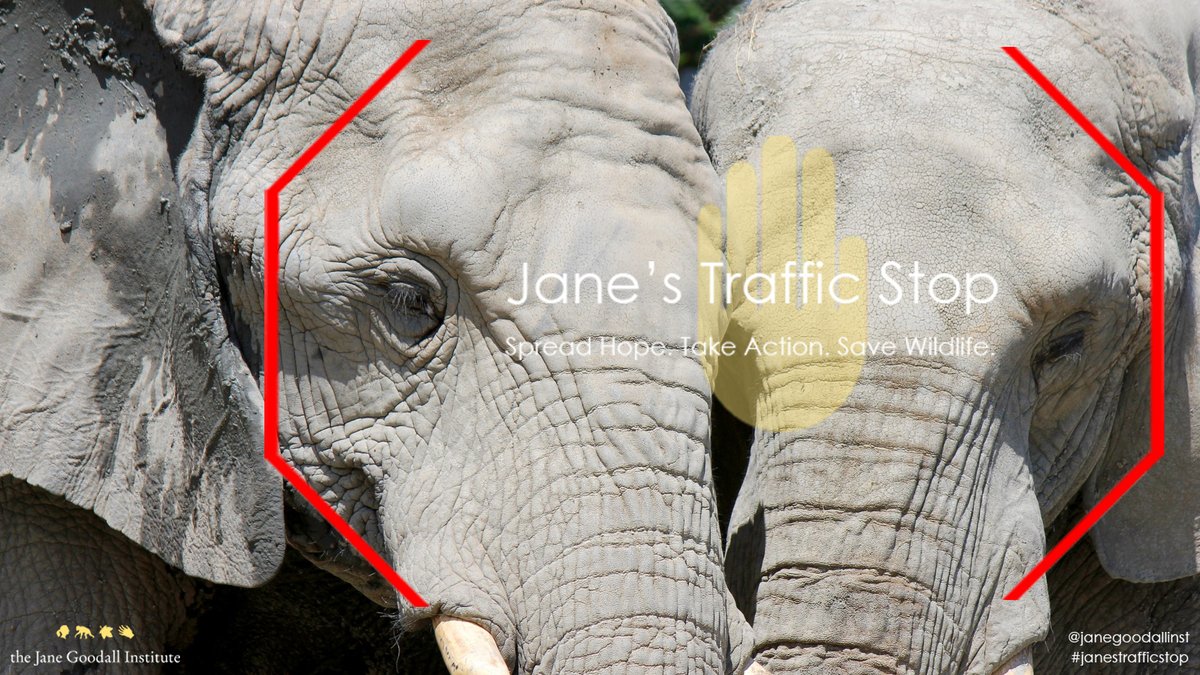Fighting Wildlife Crime in Globally

#4EverWild
Trafficking in great apes and other animals is a global criminal enterprise that is pushing our most endangered species to the brink of extinction. The illegal trade in wildlife causes immense suffering to animals that are taken from the wild and killed or held captive in terrible conditions.
Through our global network of Chapters, the Jane Goodall Institute's (JGI) ForeverWild campaign calls attention to the crisis that now threatens great apes and other species. JGI works to end wildlife trafficking and you can help. Learn about the issues, share widely and support our initiatives to stop wildlife crime. Working together we can secure a future where wildlife can live safely in the wild.
“United we are a powerful force for change.”
– Dr. Jane Goodall

The Crisis
Endangered species are protected by national and international laws. But too often this protection is on paper only. Thousands of animals are illegally taken from the wild every year to be sold live or for their parts on the black market.
Around the world, wildlife trafficking threatens the very survival of iconic species. Along with the disappearance of wildlife from the landscape, there is ongoing and severe loss in biodiversity.
As an organised criminal activity, wildlife trafficking undermines the rule of law and damages communities.
Trafficking causes immense suffering through poaching, inappropriate handling and terrible conditions in transportation and captivity.

Unless we end trafficking, primates and other wildlife will be gone for good. All great apes are now endangered, with most species categorised as “critically endangered.” At least 3,000 great apes, including orangutans, gorillas and chimpanzees, are lost from the wild every year as a result of illegal trade.
The international demand for live animals and animal parts fuels the illegal trade.
Everyone from governments to businesses to consumers and the general public has a role to play in preventing the extinction of our most at-risk species.

What We Do
The Jane Goodall Institute (JGI) works actively to end the illegal wildlife trade. At our sanctuaries in Africa, JGI rescues, protects and cares for orphaned chimpanzees and other animals which are victims of trafficking. We run community-led conservation initiatives to support sustainable livelihoods for local communities, providing alternative means of income to poaching and trade.
JGI also collaborates with numerous agencies to protect great apes in the wild from the risk of trafficking through field research and the development of new technology to identify online marketing of endangered great apes.
Around the world, JGI Chapters are running local campaigns to prevent wildlife trafficking in their region. JGI Chapters use advocacy, public engagement and partnerships to encourage national anti-trafficking policies.

Rescuing trafficked animals
JGI runs the Tchimpounga Chimpanzee Rehabilitation Center in the Republic of Congo, the largest chimpanzee sanctuary in Africa. Since Tchimpounga opened in 1992, the staff have cared for more than 190 rescued chimpanzees. The facility currently houses nearly 140 chimpanzees that live either on the mainland sanctuary or in groups on the island sanctuary sites.

Working in partnership to prevent trafficking in endangered species habitats – our “triangle approach”
Sanctuary care is just one part of our local efforts to protect endangered species from trafficking. We use a “triangle approach,” educating young people and community members on the dangers and consequences of wildlife trafficking and involving them in our work; and supporting law enforcement agencies to reduce criminal activity and reinforce reporting.
Join Us
Get informed and help inform others
Share ForeverWild messages and resources
Use the hashtag #4EverWild
Sustainable Development Goals
In drafting the Sustainable Development Goals, the United Nations recognised wildlife crime as a threat to sustainable development.




Take Action
Visit our No Domestic Trade 1-Click campaign and send a letter to the New Zealand government to urge the end of the domestic trade of elephant ivory and rhino horn in New Zealand.
Share what you’ve learned. #NoDomesticTrade #4EverWild #JanesTrafficStop
We must tell the world that wild animals were not put on the earth to be hunted to extinction and sold off in pieces as trinkets and trophies. We also must not support the business of wildlife trafficking, and shop with a greater awareness to avoid buying illegal animal products or support companies that do. Each of us is only one voice in the fight to stop illegal wildlife trafficking, but together our message will be impossible to ignore.








